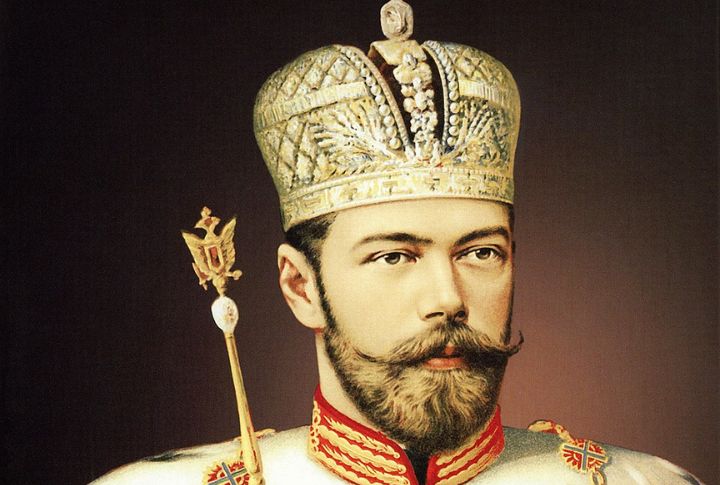
History often celebrates bravery, but it also remembers those who faltered. This list explores 10 such historical figures who chose fear over courage when it mattered the most. Their infamous acts of cowardice left lasting marks, and today, they remind us how personal weaknesses can shape events and alter the course of history.
King John Of England
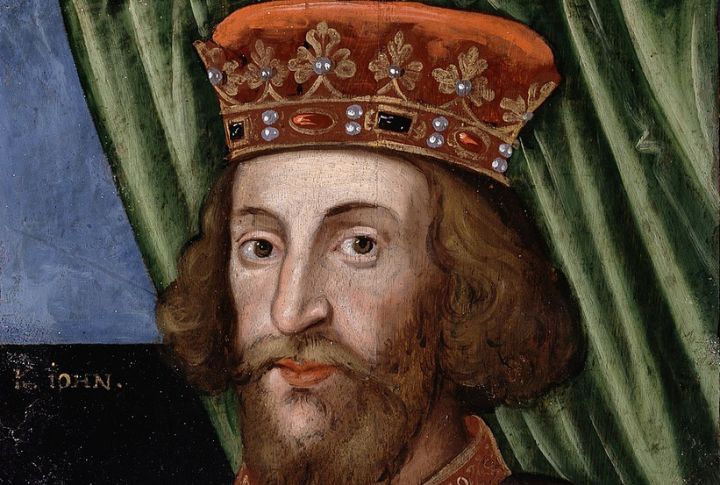
When King John was faced with a rebellion, he feared losing power and avoided battle. His failure to defend royal authority marked him as weak and unwilling to confront challenges directly. Ultimately, he surrendered to the barons and signed the Magna Carta, laying the foundations for modern democracy.
Emperor Puyi Of China
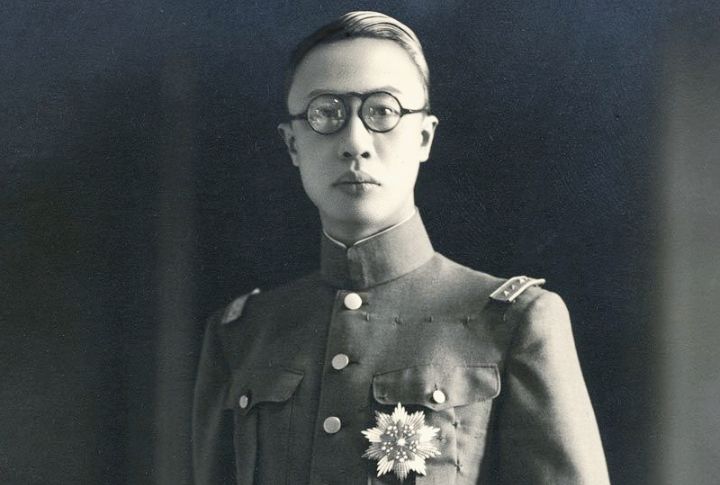
Puyi abdicated his throne in 1912, which ended 2,000 years of imperial rule in China. He lacked leadership and resistance during the Japanese invasion in 1931. Once he was taken under their control, he became a puppet emperor and was briefly imprisoned before being released into civilian life.
Vidkun Quisling
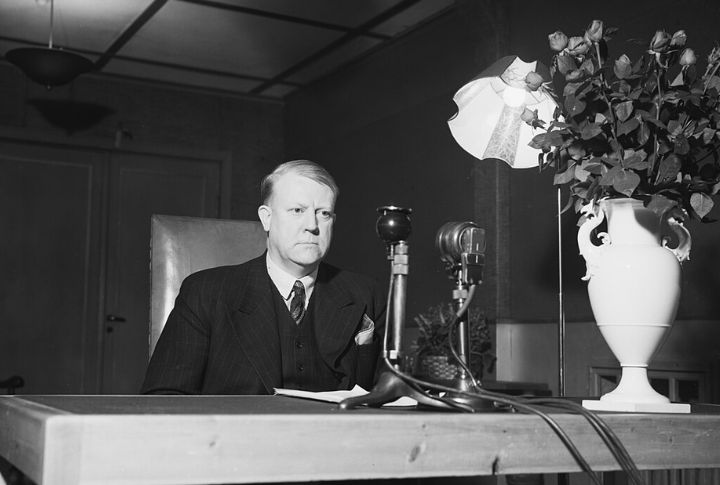
When Germany invaded Norway in 1940, Quisling, a former army officer and politician, allied himself with the occupying forces instead of resisting. Driven by political ambition and a desire for power, he formed a pro-Nazi party. His collaboration with the enemy led to his name becoming a universal symbol of treachery.
King Louis XVI Of France
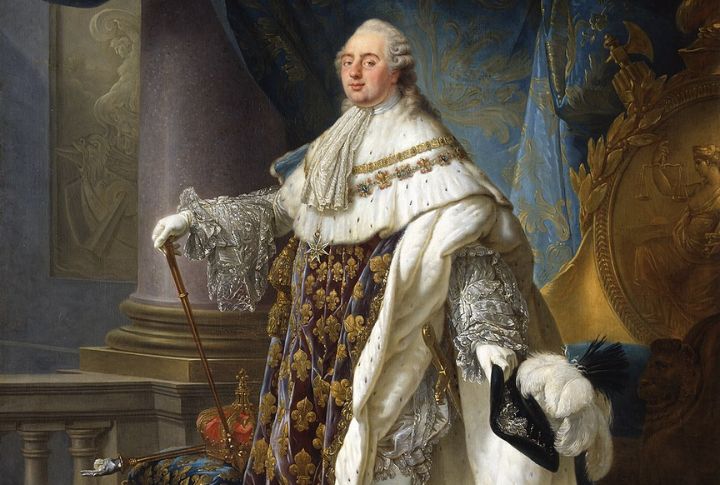
During the French Revolution in 1791, King Louis XVI attempted to flee but was unsuccessful. This failed attempt exposed him as an opponent to the revolution and severely undermined his authority as a monarch. This incident only added fuel to the resolve of those who sought to abolish the monarchy.
Neville Chamberlain
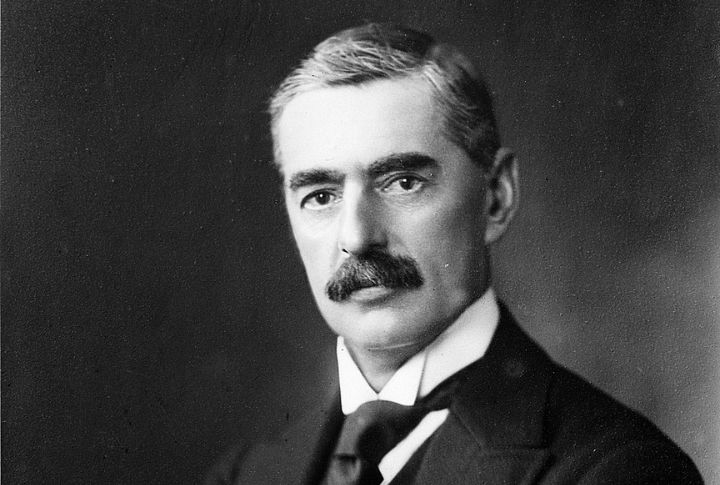
Chamberlain met with Hitler and signed the Munich Agreement in 1938, allowing Germany to annex the Sudetenland from Czechoslovakia. Motivated by a desire to avoid another world war and buy time for Britain to rearm, his policy of appeasement was later criticized for encouraging Nazi aggression.
General George McClellan
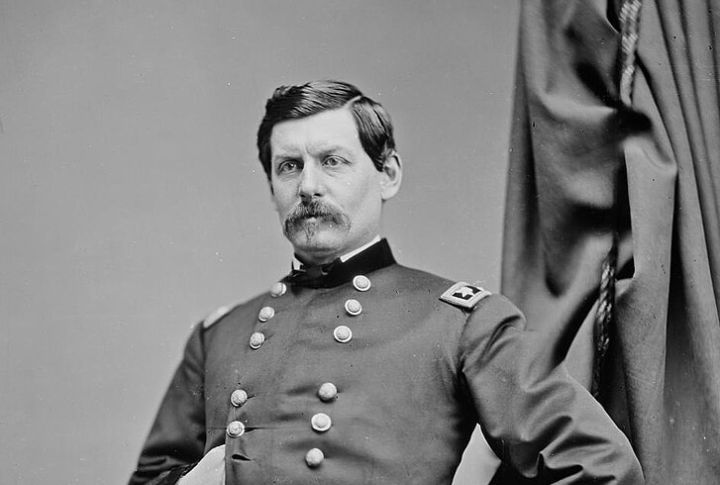
Despite commanding superior numbers, McClellan delayed attacking Confederate forces during the Civil War, which led to disagreements between him and President Lincoln and ultimately to his dismissal. His constant overestimation of the enemy’s strength paralyzed him into inaction.
Pontius Pilate
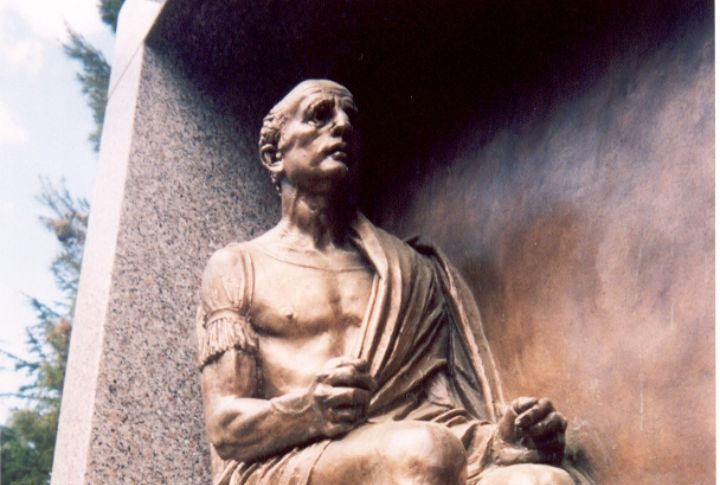
He is best known for presiding over Jesus Christ’s trial, which ultimately led to his crucifixion. During the trial, Pilate found no evidence of wrongdoing, yet still authorized the punishment, falling prey to public pressure. However, he was later tried for cruelty and, according to some sources, sentenced to death.
Tsar Nicholas II Of Russia
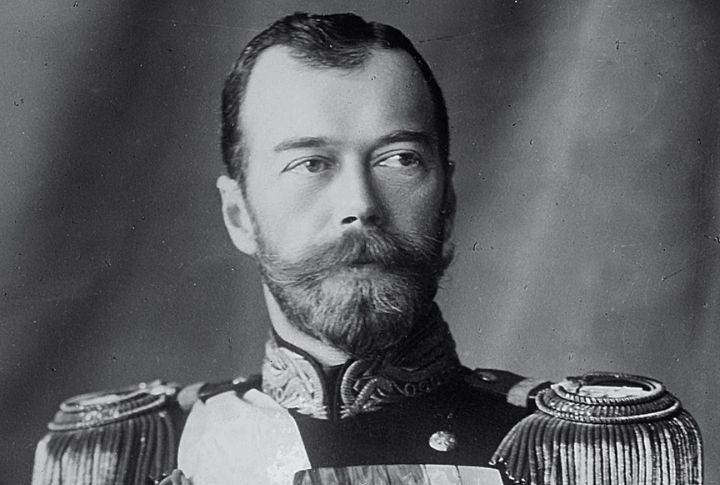
Nicholas II ascended the throne at a young age and was ill-prepared for leadership responsibilities, lacking skills in politics or foreign policy. Moreover, he hesitated to reform or resist the Russian Revolution and ultimately abdicated his throne in 1917, which ended the 300-year-old Romanov dynasty.
General Benedict Arnold
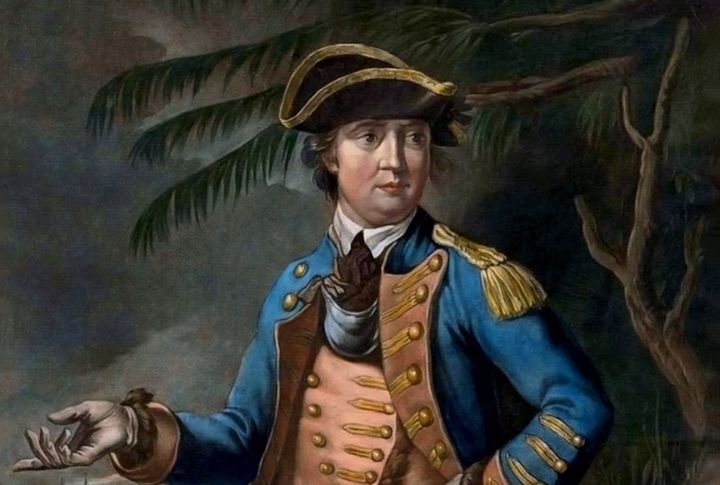
Benedict Arnold, a Continental Army general, became infamous for defecting to the British side during the American Revolutionary War. A celebrated and successful military leader initially, his secret negotiations with the British in 1779 remain one of the most significant acts of treason in American history.
Kaiser Wilhelm II Of Germany
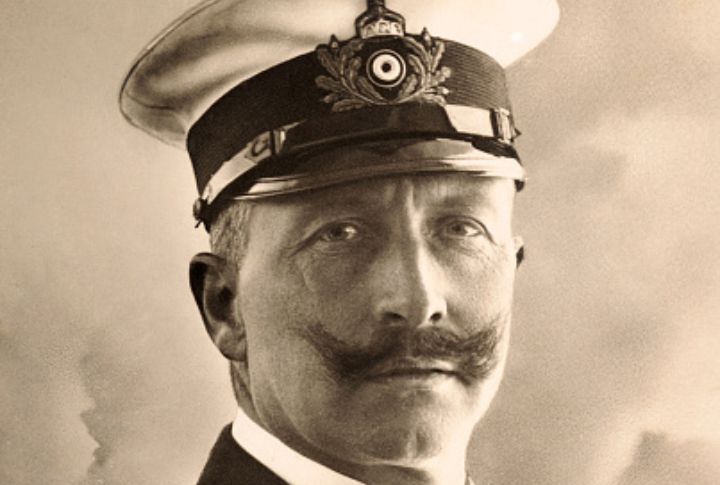
Kaiser was the last German Emperor and King of Prussia, ruling until his abdication in 1918. He played a significant role in World War I, often seen as an impulsive leader whose decisions contributed to the war’s outbreak. As Germany faced imminent defeat, he fled to the Netherlands rather than staying to negotiate or lead his country through the crisis.

